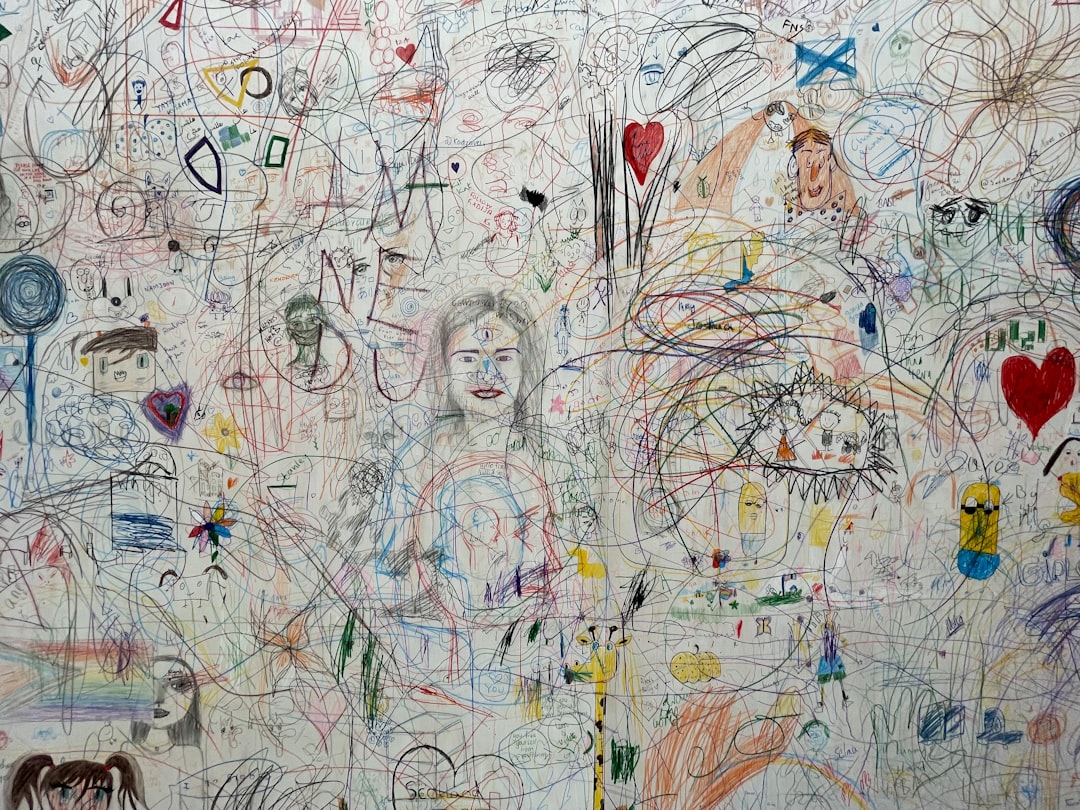
I wasn’t sure I had anything more to say about my last days of working with Blue Hours, the novel I’m finalizing with an editor and team of a publishing house.
But after another week devoted to the labour of this, I do.
In last week’s post I spoke to presence and absence—pulling out parts of the work to see how it functions without. I also wrote about using the “find” feature of word processing; how useful it is. And I used the phrase “lego” for a sense of the logic in such end-of-process construction touches. If building a house, this step would be the inside doors and mouldings, latches and handles, railings… the finishing.
~~~
Editing -- the roles of Presence and Absence
An interesting image for the idea of “presence” and “absence.” What is here? What is “missing”? How do we know what’s missing? What does the “missing” bring to a story? Can the story exist without? Is it enriched without? What can it not exist without?
~~~
It may have seemed a very mechanical approach, and in many ways it was and is. Even though the end result grows mystically close to the magical… Seriously—it is! There is a sense of “how has this thing been made?” after all this time.
Strange things do happens in the last days and hours of putting together a lengthy work. (Maybe that, too, explains the need for the mechanical/logical; the sense of mystical can be a bit unnerving.)
And I can feel the approach of post-partum; it always happens, and I know this and think I’m prepared for it… but I’m not. Ever.
It can manifest in great domestic accomplishments in the days following the process: I’ve been known to paint rooms! Cause a garden to appear where once was ordinary lawn! The trunk of my car and all recesses of its interior will be soundly vacuumed… (Oh my!) Drawers and cupboards cleaned out. But there’s always a great emptiness.
My first son was born almost three weeks early, and for those extra days I felt vacated, and oddly alone. And that’s how I feel as I click the computer button that will see this work off.
Back in “hard copy” days, I’d feel the same as I stepped out of the post office.
Old notes…
One step I’ve taken this past week is to review all old notes on this project. So much time passes from beginning to end of a 350 page novel; there is something about touching in with the initial impetus/genesis of a project. The inspirations. The germ.
It’s easy to get side-tracked from our opening vision.
I started to dream of this project in the summer of 2019, and to scribble notes in that September. In October, I was out of town for a week, and wrote the first three dozen pages. I always set aside a new notebook for a new project, and this one has filled two physical books, as well as copious phone “notes.”
~~~
Growing with a Process Journal: Foundational Series, Part 3
This piece—part 3 in the “foundational series”—had to be separate from the journal-keeping piece. “Process journal” is its own thing. Though between journal-keeping, reading with a reading log, and recording and reflecting on writing (aka process journal), it is a Venn diagram with three circles overlapping.
~~~
I also have notes from two beta-readers, as well as the two writers who are my “group.”
I’ve taken time to review ALL previous notes—slowly. This piece of the work has taken days to review, and I had to ask myself why I abandoned certain ideas. I’ve reviewed over four years of phone notes (note to self: try to keep bits and pieces in ONE file..!) I’ve also looked at scribbled bits assembled in an envelope—all those times when nothing else has been handy.
From this I’ve gleaned significant pieces. What have they contributed to the whole? Honestly? A phrase here, a couple of sentences there. But I’ve learned about my story, my characters. No work is wasted. I have determined why I abandoned some ideas. But mostly have been heartened to find threads that have been in my mind but have not quite made it to the page—threads that need to be there.
Next step was to have two computer screens open, with editor’s comments and my re-work, and to—once again—go through page by page. Recounting chapter page counts to see if pacing is still functioning, finding missing punctuation. Seeing how the additions read. HEARING how they read. So reading aloud.
And now we’ve reached the end.
Stories are like children, and need to go—we have to recognize when it must make its own way into the world after you’ve given it all it needs. Pack a lunch and recess snack, and a couple of tissues, too; it’s bound to have a snotty nose at some point.





Congratulations Alison! Editing and those final moments are probably the stage of writing I dread the most! It's heartening to hear your experience of it all. And now I'm also making a note to try and keep all my notes and creative moments together for ease of access later!
“No work is wasted.” That’s a great line. Even if you only fiddled with a phrase or sentence here and there, aren’t you glad you made those changes? I’ve always felt that every change is a great change. And maybe as a result have always been mystified when I hear people talk about saving old drafts. Possibly we’ve disfigured a sentence or something in the meantime, but isn’t it better just to fix it here and now rather than going back and trying to resurrect what it may (or may not) have been before?
And all those typos you found, the ones that evaded the spell checker. In Joan Didion’s famous essay, “On Keeping a Notebook,” she writes about how a notebook is useful for “keeping in touch” with the earlier selves who did all that feeling. My edition contains this nice booboo nobody caught: “I think we are well advised to keep on nodding terms with the pepole we used to be.”